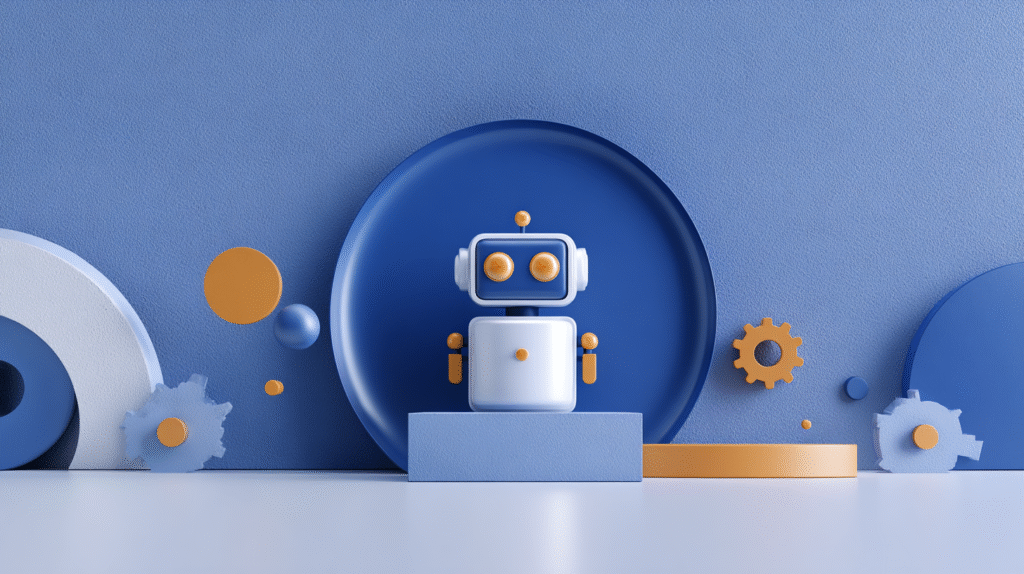The integration of Artificial Intelligence (AI) and automation into Human Resources (HR) practices is transforming the way organizations manage their workforce. As HR professionals and leaders navigate this evolving landscape, understanding the implications of these technologies is critical. This blog post explores how AI and automation are reshaping HR practices globally, addressing key challenges and providing actionable insights for enhancing employee experience and operational efficiency.
The Evolution of AI in HR
AI in HR is not merely a trend; it represents a significant shift in how human resources function. From recruitment and onboarding to employee engagement and performance management, AI tools can streamline processes, enhance decision-making, and improve the overall employee experience.
However, as organizations adopt these technologies, they must also confront significant challenges. The following sections delve into the core challenges of implementing AI in HR, alongside strategies to mitigate these hurdles.
Key Challenges in Implementing AI and Automation
1. Ethical Concerns
As AI systems take on more decision-making roles, ethical challenges can arise. For instance, biases in AI algorithms may lead to unfair hiring practices. Companies must ensure transparency and accountability in their AI systems.
- Implement regular audits of AI algorithms to identify and address biases.
- Involve diverse teams in the development and deployment of AI tools.
2. Data Privacy
The use of big data in AI applications raises significant data privacy concerns. HR leaders must navigate regulations like GDPR and ensure that employee data is handled responsibly. Strategies to ensure data privacy include:
- Employing robust encryption measures for sensitive data.
- Providing employees with clear information about data usage and consent.
3. Technology Overwhelm
The rapid development of AI technologies can overwhelm HR teams, especially if they lack digital literacy. Organizations should prioritize professional development and training to equip their staff with necessary skills.
- Offer training sessions focused on AI tools relevant to HR.
- Encourage a culture of continuous learning and adaptation.
4. Skills Gaps
As the demand for AI competency grows, many HR professionals face a skills gap. Businesses can bridge this gap through:
- Partnering with educational institutions to provide relevant training.
- Hiring specialists proficient in AI and automation to facilitate knowledge transfer.
5. Change Management
Introducing AI and automation often requires a cultural shift within organizations. Resistance to change can hinder successful implementation. To effectively manage change:
- Communicate the benefits of AI in enhancing employee experience actively.
- Involve employees in the transition process to gain their buy-in.
The Benefits of AI and Automation in HR
Despite the challenges, the benefits of integrating AI and automation into HR practices are compelling. Here are several key advantages:
1. Enhanced Recruitment Processes
AI can streamline recruitment by automating resume screening and identifying the best candidates through predictive analytics. This data-driven approach not only saves time but also enhances the quality of hires.
For example, companies like Unilever have leveraged AI in recruitment. They implemented an AI-driven tool that assesses candidates through gamified assessments, significantly reducing hiring time while maintaining a high standard.
2. Personalized Employee Experiences
AI enables HR professionals to create personalized employee experiences. Chatbots and virtual assistants can provide instant responses to employee queries, enhancing engagement and satisfaction.
Additionally, AI tools can analyze employee feedback to tailor benefits and work arrangements, fostering a more inclusive workplace culture.
3. Improved Decision-Making
Data analytics powered by AI equips HR leaders with insights that inform strategic decisions. Organizations can track employee performance, engagement levels, and turnover rates, enabling them to respond proactively to potential issues.
For instance, Amazon uses AI to analyze workforce data, enabling them to optimize team dynamics and reduce attrition.
Future Trends in AI and HR Automation
As AI technologies continue to evolve, so too will their applications in HR. Here are a few trends to watch:
1. Advanced Predictive Analytics
Predictive analytics will play an increasingly significant role in workforce planning. By analyzing trends and patterns, AI can help HR leaders anticipate staffing needs and proactively address potential talent shortages.
2. Integration of AI and Employee Wellbeing
Future AI applications will likely focus more on employee wellbeing. AI tools will provide real-time feedback on work-life balance, helping organizations promote mental health initiatives.
3. Continuous Learning Platforms
The integration of AI in learning and development will foster continuous learning environments. AI can recommend personalized training programs based on individual career goals and performance.
Addressing Key Challenges with Pulivarthi Group’s Solutions
At Pulivarthi Group, we prioritize empowering HR teams to embrace AI and automation without compromising ethical standards or employee engagement. Our solutions include:
- Training Workshops: We offer tailored workshops to enhance digital literacy and understanding of AI tools in HR.
- Consultation Services: Our team provides guidance on implementing AI solutions that respect data privacy regulations and ethical considerations.
- Ongoing Support: We support organizations throughout their AI journey, ensuring successful change management and adoption.
Conclusion
AI and automation are undeniably transforming HR practices across the globe. By addressing the challenges head-on and leveraging these technologies thoughtfully, organizations can enhance their workforce’s capabilities and experiences. As an HR professional, adapting to these changes is not just beneficial; it is essential for future success in the staffing industry.





